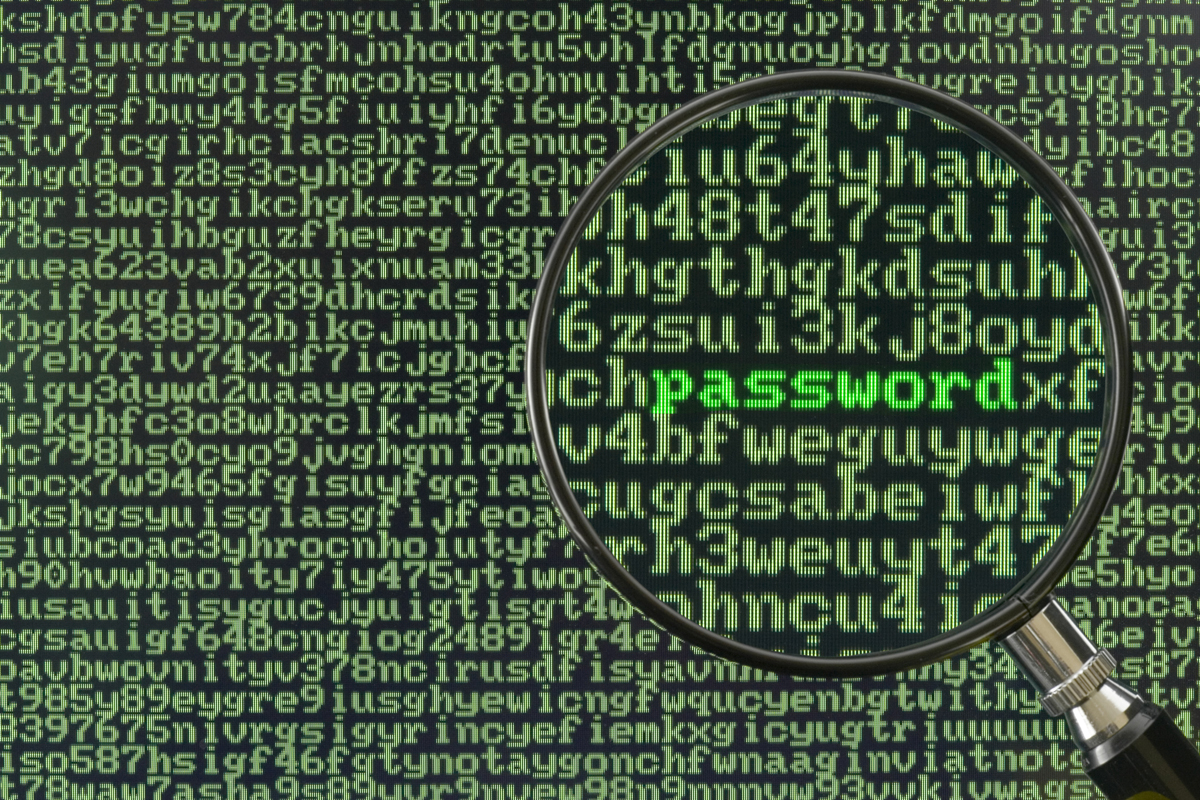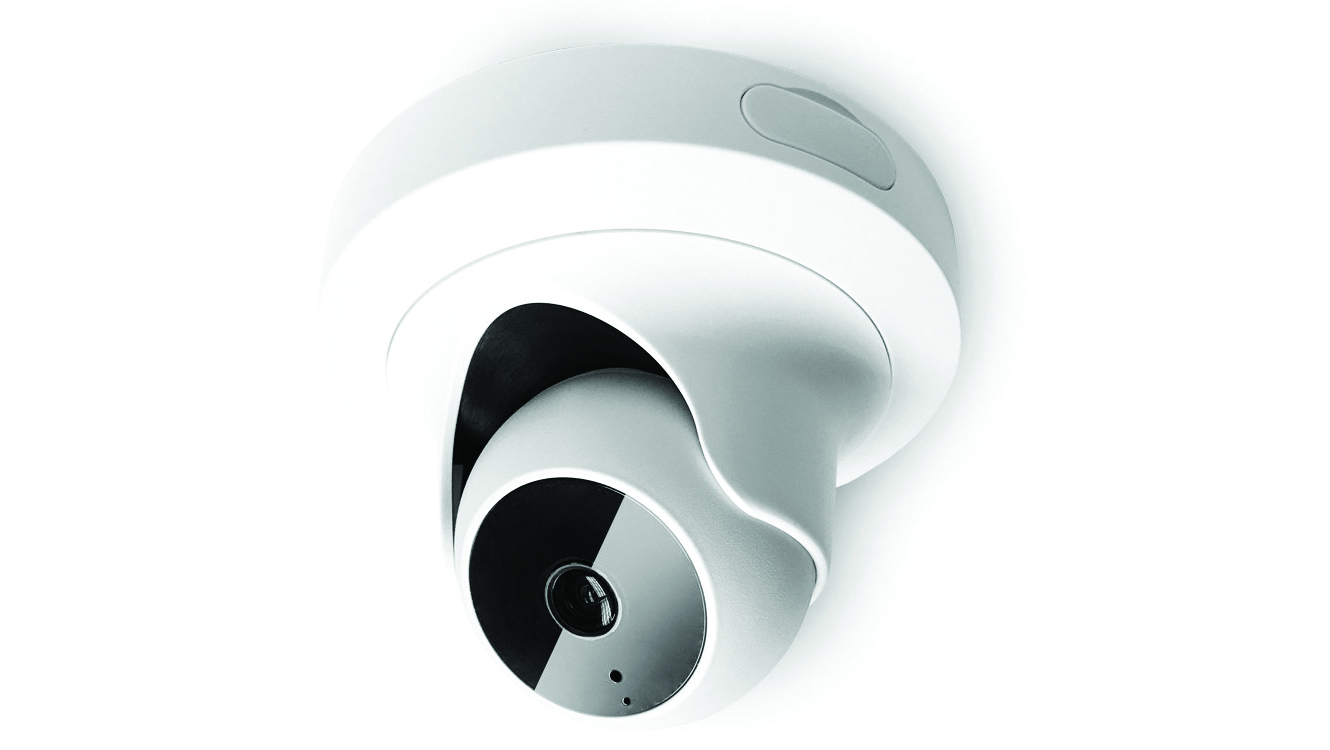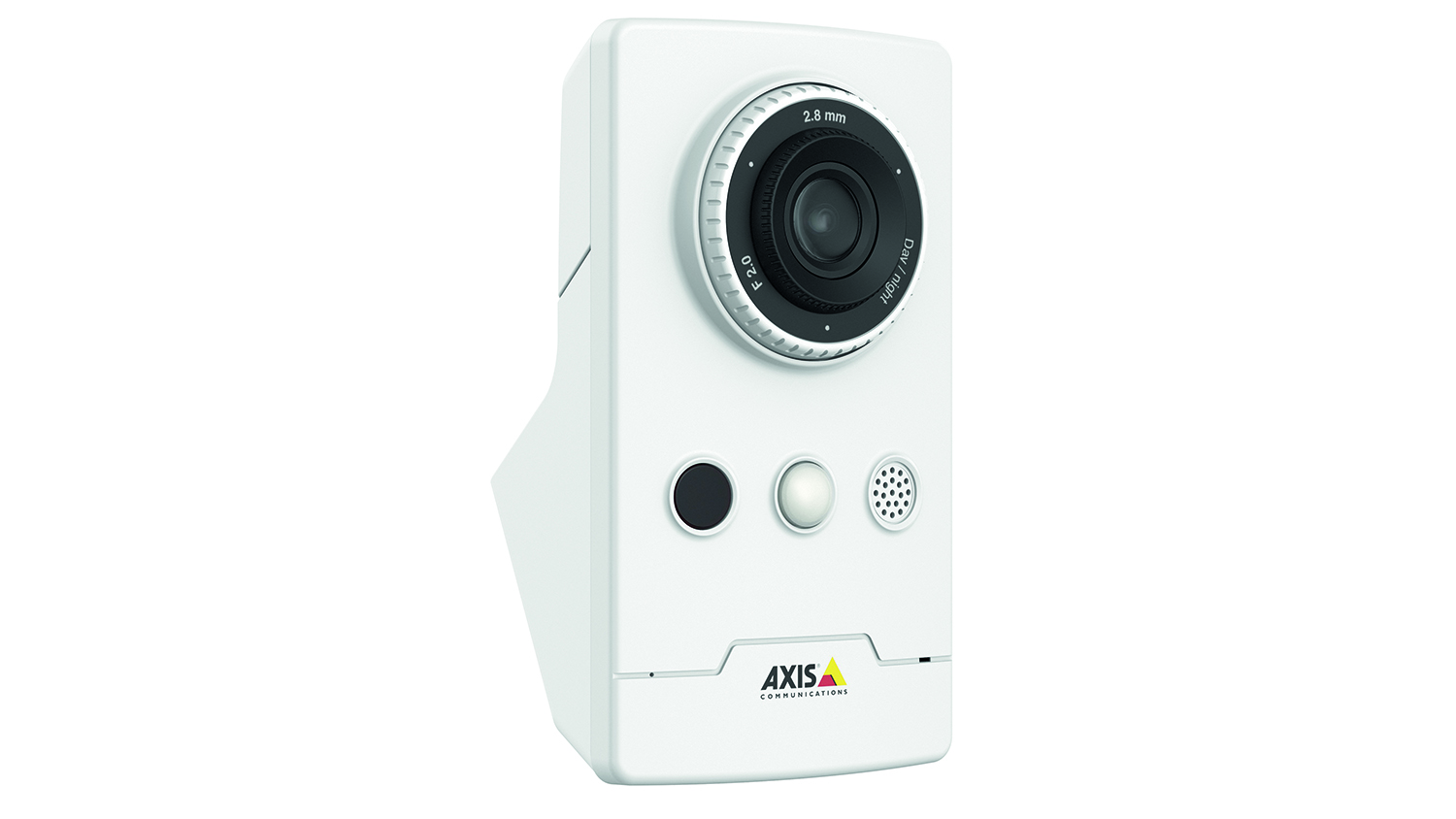NSA and GCHQ accused of taking part in sustained web encryption-cracking campaign
Security agencies are alleged to have unraveled encryption used to protect web users' data.

GCHQ and the US National Security Agency (NSA) have reportedly cracked many of the encryption methods used to protect web users' personal data and online transactions.
The claim has been published in a joint article by the Guardian newspaper, the New York Times and Propublica, and is based on confidential documents leaked by notorious NSA whistleblower Edward Snowden.
The report claims the security agencies allegedly have the means to unravel the encryption used to protect emails, banking transactions and medical records.
This has reportedly been made possible through the employment of supercomputers that use brute force to crack encryption methods.
It is also claimed the agencies have colluded with tech firms and internet service providers to insert vulnerabilities into commercially available encryption software.
The Snowden documents suggest the NSA invests around $250 million a year in working with technology companies to influence their product designs, and claims the Agency considers its decryption work to be "the price of admission for the US to maintain unrestricted access to...cyberspace."
GCHQ, meanwhile, has been accused of trying to find a way into Hotmail, Google, Yahoo and Facebook's encrypted traffic.
Sign up today and you will receive a free copy of our Future Focus 2025 report - the leading guidance on AI, cybersecurity and other IT challenges as per 700+ senior executives
The documents claim the NSA has been involved in a decade-long encryption-busting programme, which made a major breakthrough in 2010 that has resulted in "vast amounts of encrypted internet data" becoming exploitable.
Exact details about the discovery that made this possible was not disclosed in the documents.
The Guardian report is the latest in a long line of revelations about GCHQ and the NSA's alleged surveillance techniques, which have been trickling out since Snowden started releasing documents back in June 2013.
-
 Will autonomous robotics leap forward in 2026?
Will autonomous robotics leap forward in 2026?In-depth Connectivity and cost benefits remain barriers, despite breakthroughs in physical AI
-
 AWS and NTT Data team up to drive legacy IT modernization in Europe
AWS and NTT Data team up to drive legacy IT modernization in EuropeNews Partnership between AWS and NTT DATA aims to boost AWS European Sovereign Cloud capabilities
-
 AWS makes its Panorama Appliance generally available
AWS makes its Panorama Appliance generally availableNews The device helps increase quality control, optimize supply chains, and enhance consumer experiences
-
 Eagle Eye Networks announces new editions of Cloud VMS
Eagle Eye Networks announces new editions of Cloud VMSNews The editions are suitable for small, medium, and large businesses
-
 How to build a Raspberry Pi security camera
How to build a Raspberry Pi security cameraTutorials Build your own cut-price surveillance equipment
-

 EnGenius EL-EWS1025CAM review
EnGenius EL-EWS1025CAM reviewReviews A clever hybrid IP camera that combines video surveillance with a wireless AP and support for EnGenius’ Neutron WLAN meshing
-

 Axis M1065-LW review
Axis M1065-LW reviewReviews It’s pricey, but this little 1080p camera simply won’t be beaten for video quality and surveillance features
-
 D-Link Vigilance DCS-4602EV review
D-Link Vigilance DCS-4602EV reviewReviews A very affordable outdoor IP camera that’s built like a tank, though image quality is merely adequate
-
 Big Data surveillance 'risks public's privacy'
Big Data surveillance 'risks public's privacy'News Commissioner looks to limit use of CCTV
-
 WikiLeaks files expose alleged CIA hacking tools
WikiLeaks files expose alleged CIA hacking toolsNews CIA's tools can break into any kind of operating system, smart device or digital machine